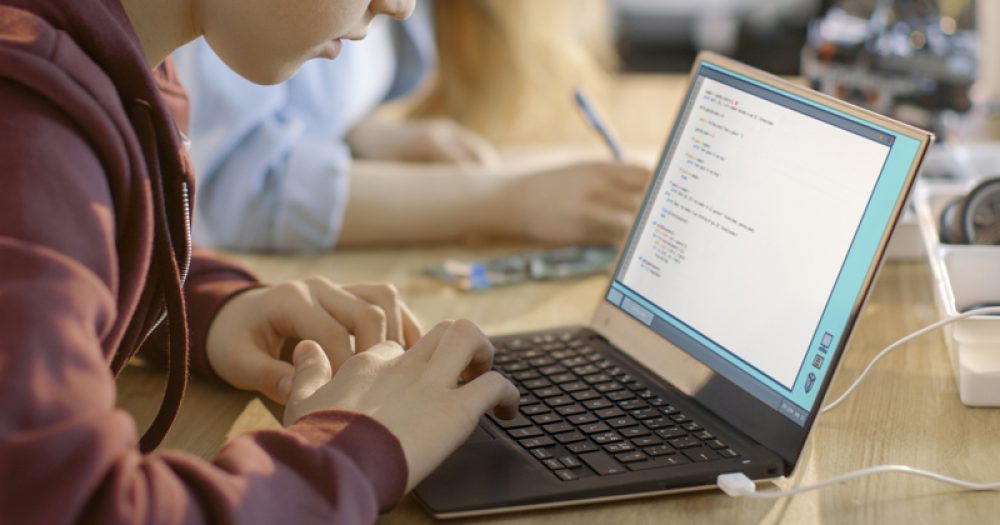The Department for Education has published its expectations for remote learning after warning schools who fail to meet the guidelines could be reported to Ofsted.
In new guidance published today it states that parents can lodge a complaint against their children’s school with Ofsted if they have concerns over the “quantity and quality” of the offering.
It has set out a minimum amount of remote education which must be provided for each Key Stage – increasing the hours expected.
For Key Stage 1, three hours of remote education must be provided. The DfE said provision will include “both recorded or live direct teaching time, and time for pupils to complete tasks and assignments independently”.
Key stage 2 pupils should be provided with four hours remote education a day while this increases to five hours for both Key Stage 3 and 4.
Previous guidance stated that primary schools should set work totalling around three hours a day, and four hours at secondary.
Yesterday Gavin Williamson told the House of Commons parents who feel their child’s school isn’t providing “suitable” remote education should report them to Ofsted.
The guidance states: “They are encouraged to in the first instance raise their concerns with the teacher or headteacher and, if the concerns are not resolved, to report the matter to Ofsted.”
Schools are expected to teach a “planned and well-sequenced curriculum so that knowledge and skills are built incrementally” and should have systems in place for “checking, daily, whether pupils are engaging with their work”.
They must also “identify a named senior leader with overarching responsibility for the quality and delivery of remote education, including that provision meets expectations for remote education”.
Schools must select a digital platform for remote education that “will be used consistently across the school”. The platform must allow interaction, assessment and feedback and schools must ensure staff are “trained and confident” in its use”.
The guidance states that schools are also expected to “overcome barriers to digital access for pupils” by distributing school-owned laptops by a user agreement or contract.
They must also provide pupils with “printed resources, such as textbooks and workbooks, to structure learning”.
Online video lessons used in teaching do “not necessarily need to be recorded by teaching staff at the school” – with use of Oak National Academy lesson a suitable alternative.
For pupils with special educational needs and disabilities (SEND) the DfE said it is “their teachers are best-placed to know how the pupil’s needs can be most effectively met to ensure they continue to make progress even if they are not able to be in school due to self-isolating”.







Were it we had been given time and the tools to provide this requirement it might be more realistic. Ofsted, should be mobilised to support schools, not oppress them. Now us not the time to threaten schools any more. All schools are doing amazing things and if Ofsted feel they have to criticise. Shame on them. Parents please bombard the secretary of state and Ofsted with messages of support for your school.
I think it us fair to say Gavin and Speilman have a lot to do to reach the high level school staff have achieved this week.